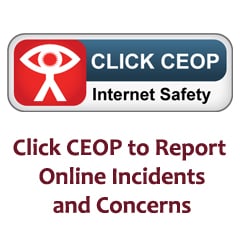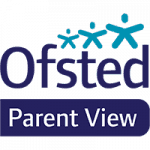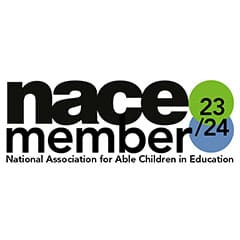PARENT INFORMATION
The Latest Online Safety News
Mr Sherhod, Miss Avery, Mrs Johnson and Mrs Adams are the Designated Safeguarding Leads (DSLs) in school. If you would like to discuss any concerns you have please contact one of the DSLs.
Digital Parenting
Digital Parenting is a partnership between Parent Zone and Vodafone. The free magazine is an online safety guide for families, providing parents and carers with practical information and advice directly from teachers, other parents/carers and online safety experts on a range of subjects.
Digital Parenting Magazine Archive Editions:
https://www.vodafone.co.uk/mobile/digital-parenting/archive
Parent Info is a collaboration between Parent Zone and NCA-CEOP, providing support and guidance for parents from leading experts and organisations.
Vodafone Digital Parenting
Vodafone’s Digital Parenting website is full of information to help your family live a happy and safe digital life.
https://www.vodafone.co.uk/mobile/digital-parenting/
CEOP
The Child Exploitation and Online Protection Centre (CEOP) are a national policing organisation which specialises in investigating grooming and sexual abuse online. Their educational website: www.thinkuknow.co.uk is suitable for children aged 4-16 and has a specific section with advice for parents/carers. The ‘Click CEOP’ report button provides a means of reporting abuse online and can be downloaded onto the school website for easy access.
Kent Police
If you believe a child or adult is in immediate danger, contact 999 for police assistance. To report non-emergency concerns, call 101 and ask to be put through to your local team. Kent Police also have Online Safety advice on their website: www.kent.police.uk/advice/online-safety/
The IWF
The Internet Watch Foundation (IWF) is the UK hotline for reporting illegal online content, such as child abuse images, or material considered to be criminally obscene. The IWF actively works to identify and safeguard any children involved, as well as getting illegal images and videos removed from the internet.
Parent Port
Run by the UK’s media regulators, Parent Port enables parents and professionals to report inappropriate online material, such as videos, adverts or news articles.
Home Office
The government have introduced a new red button for reporting online material which promotes terrorism or extremism and an educational website with advice and information for parents.
NSPCC
The NSPCC have teamed up with 02 to provide excellent information and advice for parents, as well as a free online safety helpline. They have also produced an app/site, on which they have reviewed the most popular apps and websites young people are using; including age ratings and how easy it is to report a problem: www.net-aware.org.uk. Parents can also choose to sign up to the Net-aware newsletter, for up-to-date information via e-mail.
Internet Matters
Internet Matters is a not-for-profit organisation working with online safety experts to provide advice and information for parents to keep their children safe online. It has an excellent interactive tool which guides you step by step through setting up parental controls on all the different devices in your home, as well as video tutorials about specific topics of concern.
Parent Zone
Parent Zone provides up-to-date content on a variety of parenting concerns, including online safety. In collaboration with Vodafone, they have produced Digital Parenting magazine, which schools can order for free, to hand out to parents, or link to the online articles: https://parentzone.org.uk/DP5
UK Safer Internet Centre
UK Safer Internet Centre is a collaborative organisation which provides a wide variety of advice and guidance on online safety. Their website is predominantly aimed at professionals and schools, but their parent guides to technology and social media checklists are valuable resources to share with parents or link to on the school website: www.swgfl.org.uk/products-services/esafety/resources
Childnet
A partner organisation of UK Safer Internet Centre, Childnet has a wealth of resources, including; leaflets, conversation starters and online storybooks; ‘Digi-ducks Big Decision’ (storybook) is available to buy from this website, or can be downloaded for free.
Get Safe Online
Get Safe Online covers a lot of practical, technical information on protecting families and computers against fraud, identity theft, viruses and many other problems encountered online.
Websites for Pupils:
We advise all parents to review the content of these websites before allowing their child(ren) to use them.
CEOP’s education website has useful information for children and young people about online safety; it is broken down into different age categories so pupils can access age appropriate advice.
www.childline.org.uk/info-advice/bullying-abuse-safety/online-mobile-safety/
This website from the NSPCC offers general advice to children and young people, with specific sections on online safety and cyber-bullying. There is also an online chat facility where young people can contact a counsellor directly if they want further support. Please note – some of the content on this website is aimed at older children and may not be appropriate for all, so use with caution.
The BBC have produced a wealth of online safety related videos, games and quizzes for young people to explore. These resources are updated around Safer Internet Day each year.
Kidsmart is an interactive child-friendly website produced by Childnet, which enables young people to access online safety information under different topics / categories.








